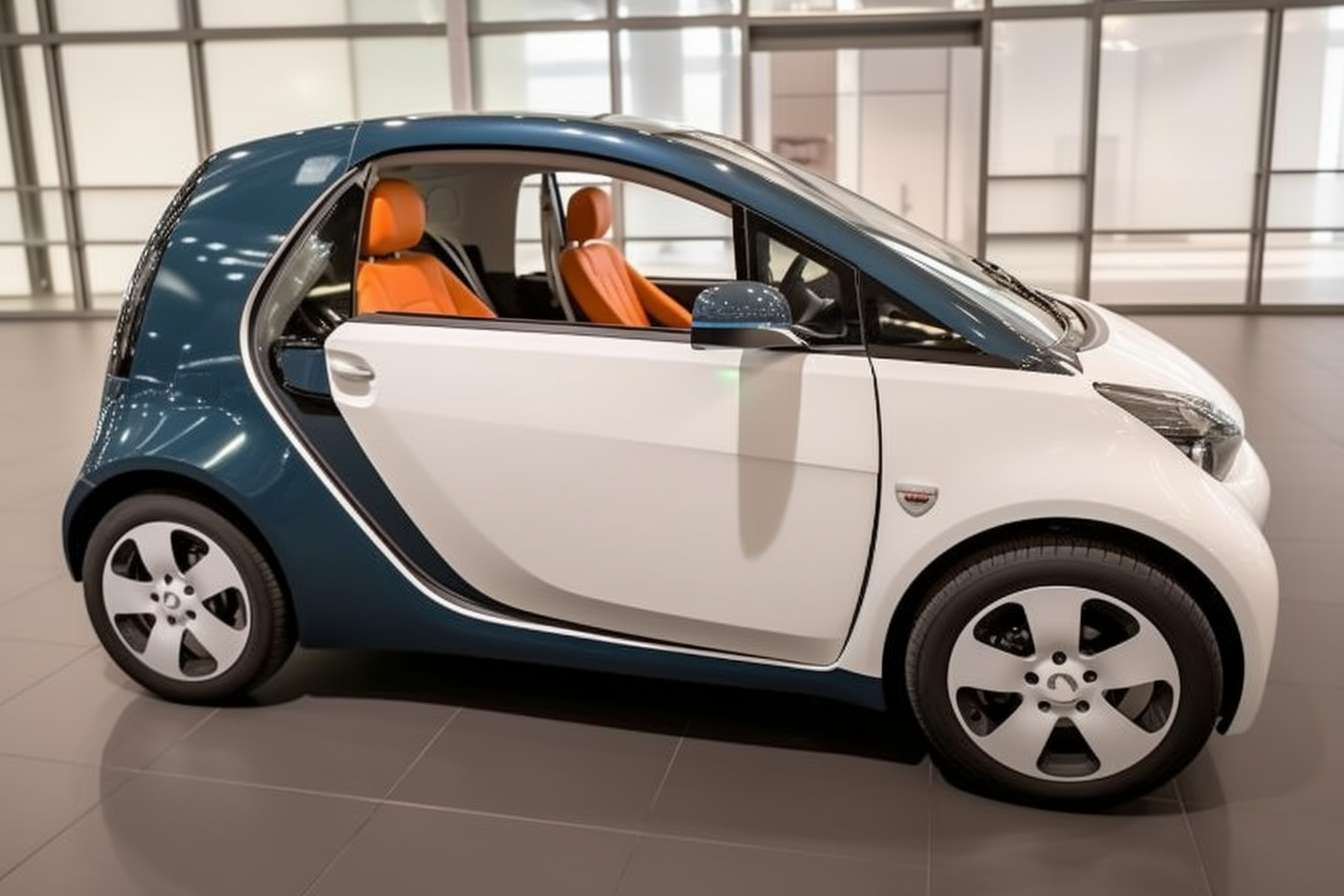Car Deals: Finding the Best Vehicle Finance Options
In today's fast-paced world, having a reliable vehicle is often essential for both personal and professional needs. However, purchasing a car outright can be a significant financial burden for many. This is where car deals come into play, offering various financing options to make vehicle ownership more accessible. Whether you're in the market for a spacious family car or a compact microcar for city driving, understanding the landscape of car deals can help you make an informed decision and potentially save money in the long run.

-
Lease Agreements: Instead of buying the car, you essentially rent it for a fixed term, typically 2-3 years. This often results in lower monthly payments but comes with mileage restrictions and other limitations.
-
0% APR Financing: Some dealerships offer interest-free loans for a specific period, which can result in significant savings. However, these deals usually require excellent credit scores.
-
Cash Back Offers: Manufacturers sometimes provide rebates or cash back incentives on certain models, effectively reducing the purchase price.
-
Special Financing for First-Time Buyers: Some programs are designed to help those with limited credit history secure a car loan.
How can you qualify for the best car finance deals?
Securing the most favorable car deals often depends on several factors:
-
Credit Score: A higher credit score typically translates to better interest rates and more financing options.
-
Down Payment: A larger down payment can reduce the loan amount, potentially leading to better terms and lower monthly payments.
-
Debt-to-Income Ratio: Lenders look at your existing debts compared to your income to assess your ability to repay the loan.
-
Employment Stability: A steady job and income history can improve your chances of qualifying for better deals.
-
Research and Timing: Being aware of current promotions and the best times to buy (such as end-of-year sales) can lead to significant savings.
What should you consider when comparing car deals?
When evaluating different car deals, it’s crucial to look beyond just the monthly payment. Consider the following:
-
Total Cost of Ownership: This includes not just the purchase price, but also insurance, maintenance, fuel efficiency, and potential resale value.
-
Interest Rate and APR: Even small differences in interest rates can add up to substantial amounts over the life of the loan.
-
Loan Term: While longer terms may lower monthly payments, they often result in paying more interest over time.
-
Additional Fees: Be aware of any hidden costs or fees that might be included in the deal.
-
Flexibility: Some deals may offer features like the ability to make extra payments without penalties or the option to refinance later.
Are there special car deals for microcars or eco-friendly vehicles?
As environmental concerns grow and urban spaces become more congested, there’s an increasing interest in microcars and eco-friendly vehicles. Many manufacturers and governments offer special incentives for these types of cars:
-
Tax Credits: Some regions provide tax incentives for purchasing electric or hybrid vehicles.
-
Reduced Registration Fees: Certain areas offer lower registration costs for vehicles with low emissions.
-
Manufacturer Incentives: Car makers sometimes offer special financing or cash back deals on their smaller or more fuel-efficient models.
-
Green Car Loans: Some financial institutions provide lower interest rates for eco-friendly vehicles.
-
City-Specific Benefits: In some urban areas, microcars or electric vehicles may qualify for free parking or access to special driving lanes.
How do car deals vary for new vs. used vehicles?
The landscape of car deals can differ significantly between new and used vehicles:
New Cars:
-
Often come with manufacturer warranties and the latest features
-
May offer promotional financing deals like 0% APR
-
Higher initial depreciation but potentially lower maintenance costs in the early years
Used Cars:
-
Generally lower purchase prices and slower depreciation
-
May have higher interest rates on loans
-
Potential for certified pre-owned programs with extended warranties
-
Require more careful inspection and consideration of vehicle history
What are some current trends in car financing and deals?
The automotive industry is constantly evolving, and so are the financing options available to consumers:
-
Online Car Buying: Many dealerships now offer end-to-end online purchasing experiences, including virtual test drives and home delivery.
-
Subscription Services: Some manufacturers are experimenting with car subscription models, offering more flexibility than traditional leases.
-
Peer-to-Peer Lending: Platforms that connect individual lenders with borrowers are becoming more common in the auto finance space.
-
AI-Powered Approval Processes: Some lenders are using artificial intelligence to streamline loan approvals and offer more personalized rates.
-
Extended Loan Terms: While potentially risky, some lenders are offering loan terms of up to 84 months to make monthly payments more affordable.
In conclusion, navigating the world of car deals requires careful consideration of your financial situation, needs, and long-term goals. By understanding the various types of deals available, qualifying factors, and current trends, you can make a more informed decision when financing your next vehicle. Remember to always read the fine print, compare multiple offers, and consider the total cost of ownership before committing to any car deal.
Prices, rates, or cost estimates mentioned in this article are based on the latest available information but may change over time. Independent research is advised before making financial decisions.





